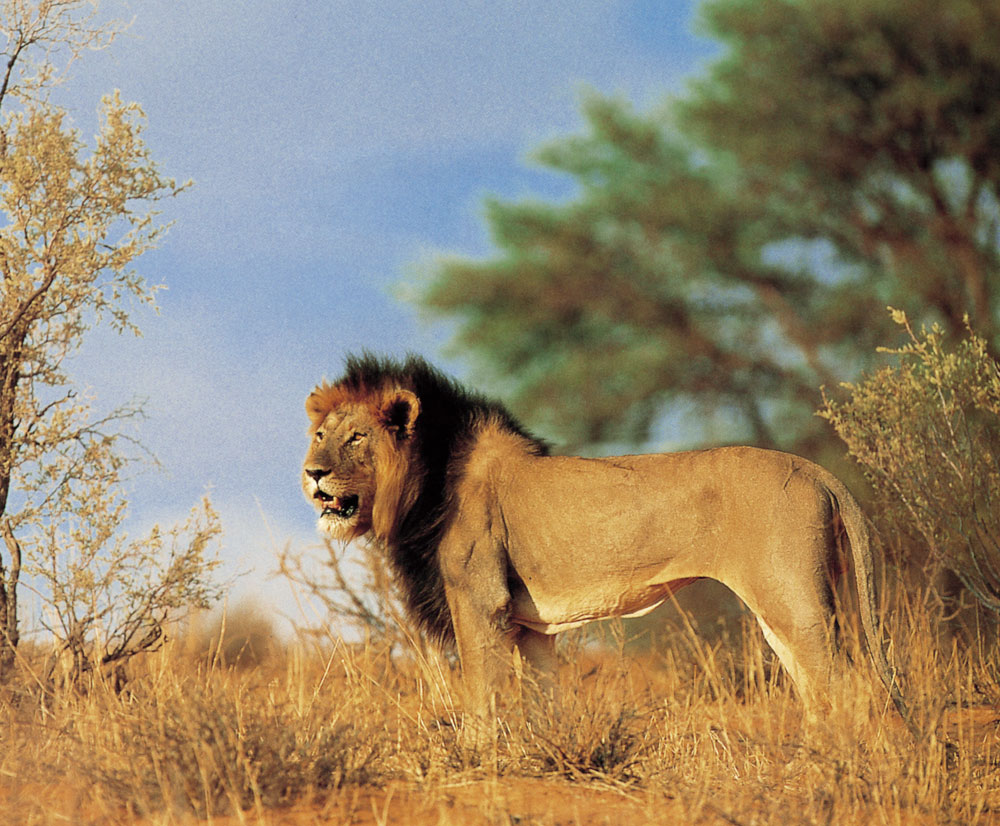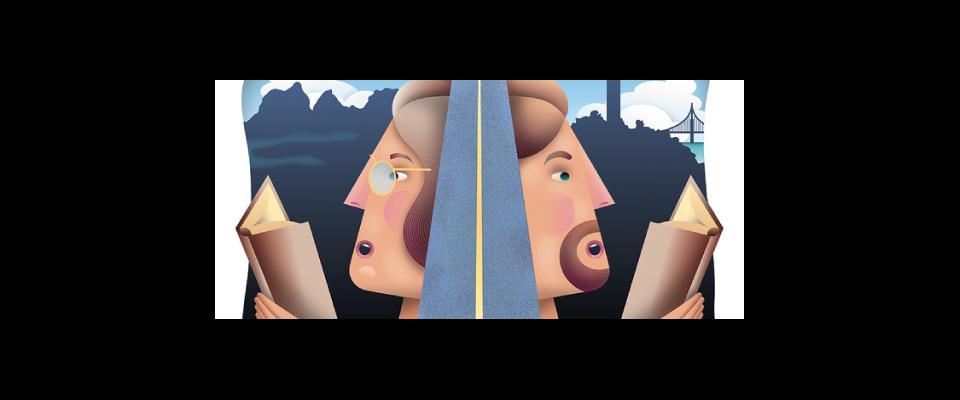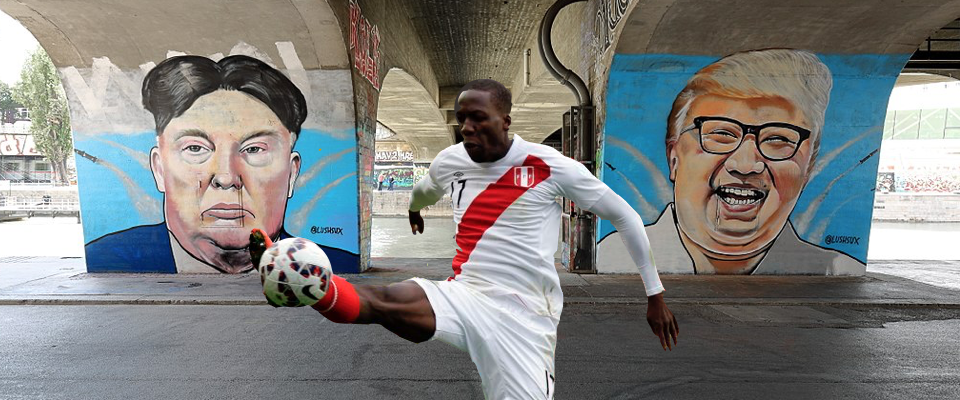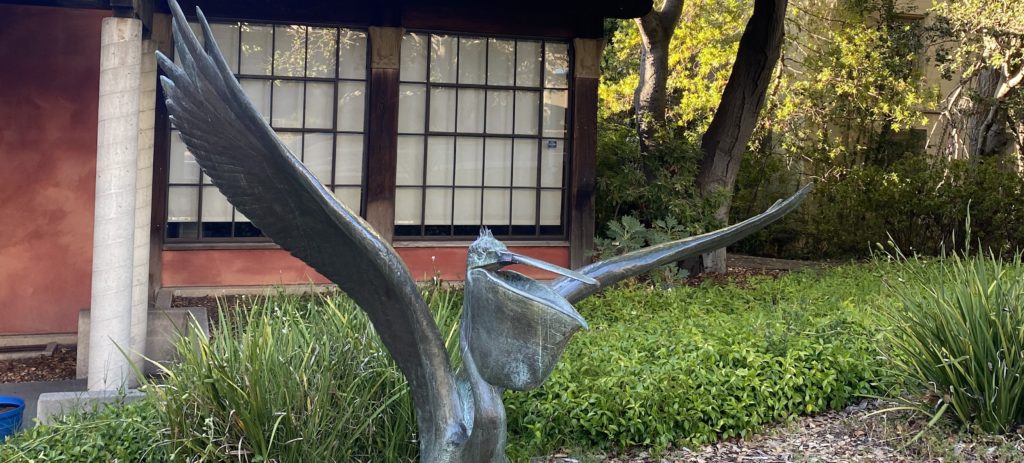Finding Myself in the Beats
My son, Danny, returned from an exchange semester at Berkeley and treated me to a recitation of Beat poet Allen Ginsberg’s Hadda Be Playing on the Jukebox. Robert Haas’s American Poetry class had introduced Danny to the Beats, and he wanted to know whether I had read Jack Kerouac’s On the Road. I hadn’t.
Suddenly I was aware of a gaping hole in my education, and in my coolness. I had missed the Beats. I was a Berkeley graduate and grew up in the Bay Area in the ’50s and ’60s, when the Beats burst onto the scene. How did it all pass me by?
As a naive high school senior, I had attended an event for prospective majors at Cal’s Speech Department and heard a recording of Lawrence Ferlinghetti reading his poetry. What I understood of the poem turned my ears a searing scarlet. The Beats’ rages against the Establishment held little interest for this conventional girl, product of 12 years of Catholic education. I decided to major in political science.
Now, at the age of 69, with Danny’s copy of On the Road in hand, I want to see how I react to it. American road-trip tales lure me—John Steinbeck’s Travels with Charley, William Least Heat-Moon’s Blue Highways—and quench my thirst for home. Where would Kerouac’s road trip take me?
As narrator Sal Paradise begins his westward wanderings, I’m drawn to his fascination with the American landscape, his obsession with the idea of America, its vastness, its geography. He notices what I’d notice: a sunrise and dew, clouds and gopher holes, cactus and mesquite. His journeys pulsate with the American places that come to mind when I imagine crossing the land I left 40 years ago to live in Chile: dilapidated gas stations, bus depots, diners with winking neon signs, pastel-colored suburban houses.
I nod and smile when Sal reaches San Francisco to encounter the daunting steep streets and haunting moans of nighttime fog horns. My San Francisco childhood flickers into view. My father, a San Francisco native, wearing Badge 49 of the city’s Police Department, patrolled undercover the streets of Chinatown, where I attended day care.
Sal hangs out with the people who slept, loved, and worked in these places: tired blonde waitresses, hoboes, “broken-down movie extras,” bellhops, old miners—emblematic, sentimentalized characters that were part of the nation’s idea of itself. Who were these wild people upon whom Kerouac based his characters? The Internet introduces me to his pals Neal Cassady, Allen Ginsberg, and Lawrence Ferlinghetti.
I scour Ferlinghetti’s works, looking for the scandalous poem. None is familiar. This time, rather than being shocked, I’m surprised at the poems’ clarity and relevance. “Bird with Two Right Wings” should be required reading in a U.S. presidential election year.
A distant memory of my father surfaces as I read about the 1957 trial in which Ferlinghetti was charged with selling obscene material—Ginsberg’s book Howl and Other Poems—in his City Lights bookstore. I recall my father’s telling of his involvement in an obscenity trial. Which trial? I hunt for answers. In a photo album I find a yellowed newspaper clipping with a front-page photograph of my father, special investigator to the Marin County District Attorney. Three years after the Howl case, he’d bought Henry Miller’s Tropic of Cancer from a local bookseller as evidence for an upcoming obscenity trial. As in the Howl case, Henry Miller’s book was not ruled obscene. All this going on right under my nose!
Now more versed in the Beats’ works, I realize how deeply they influenced my generation. We were Kennedy-era, romantic idealists who dared to question authority—war, segregation, plundering of the planet. Though their erratic lives couldn’t have been more different from my own … I understand the Beats’ insatiable appetite for life, for knowing, their search for it.
My son and I can now discuss these works, but the generational gap is here to stay. I don’t mind. I groove with “California Dreamin'” and “Down on the Bayou” and, when Aretha belts out “R-E-S-P-E-C-T,” I turn up the volume and bop around my kitchen.
Even with Kerouac in hand, the knowledge gap widens daily. This road has no final destination.
But what a trip.
Now where in Chile can I get a copy of Trópico de Cáncer in English?





















